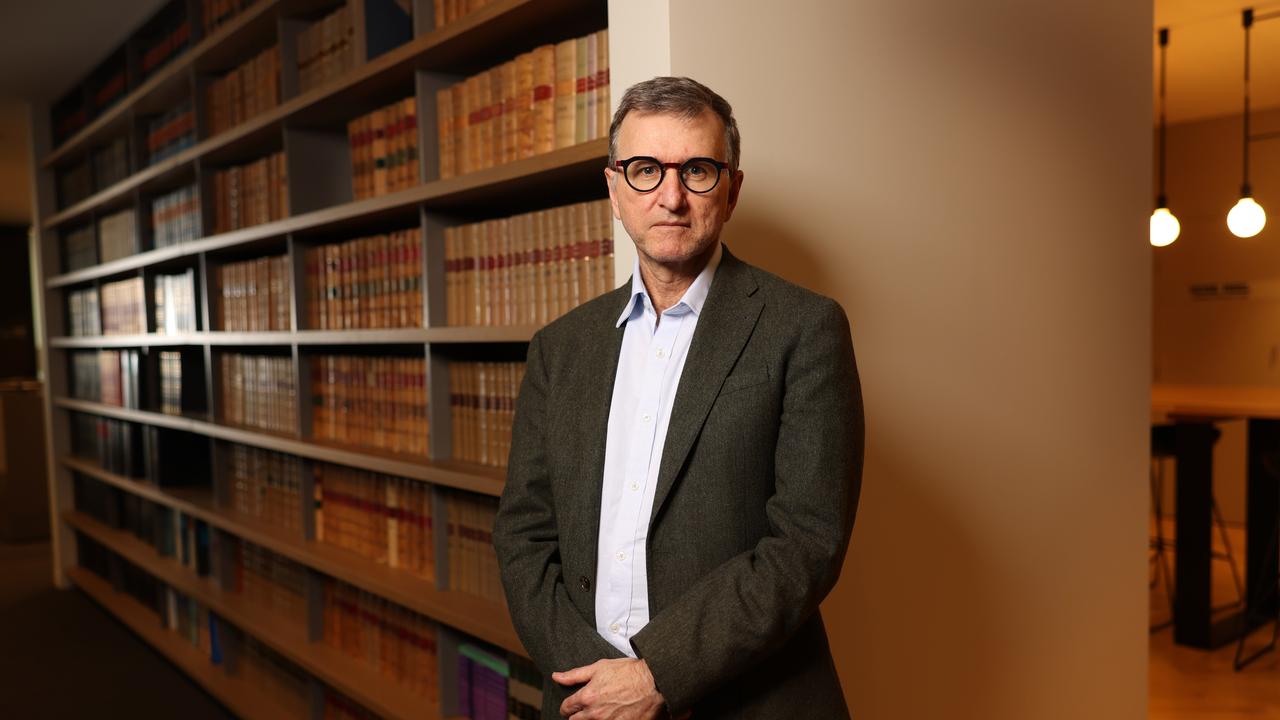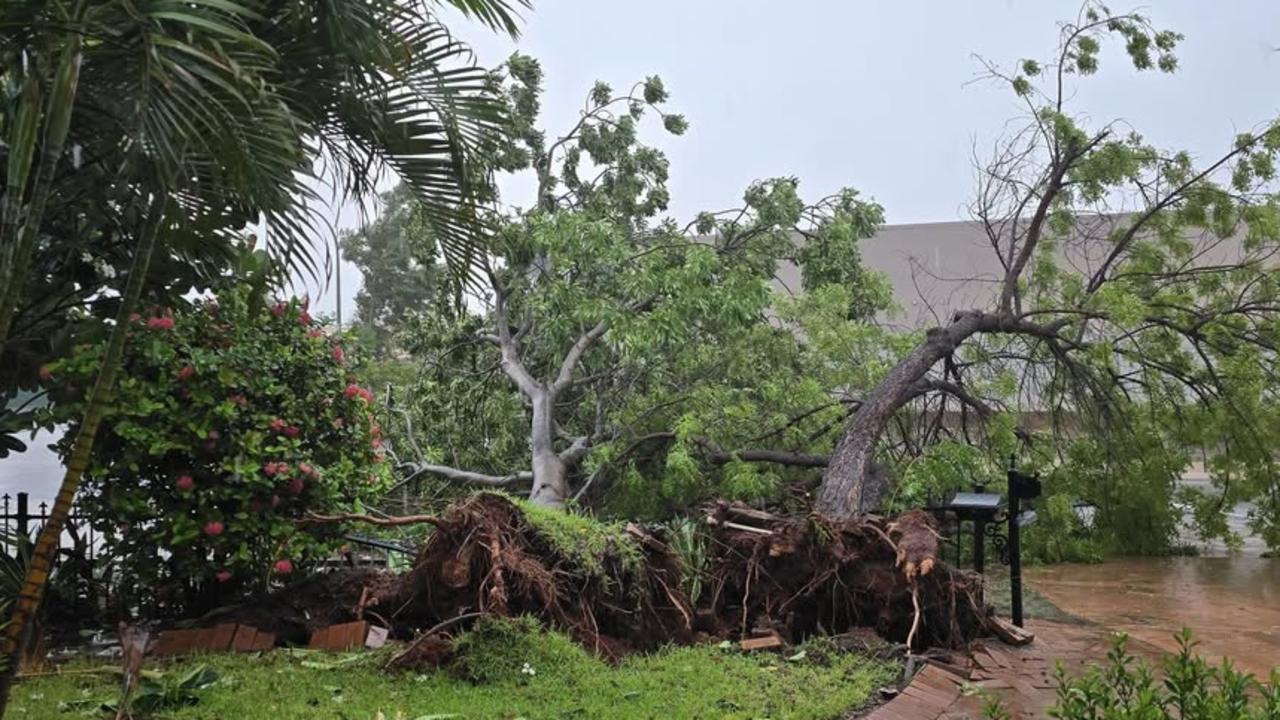Islamic State women and children prepare to be flown home
Women and children are undergoing DNA testing and will be issued with travel documents as Australia prepares to repatriate those left behind by Islamic State members.
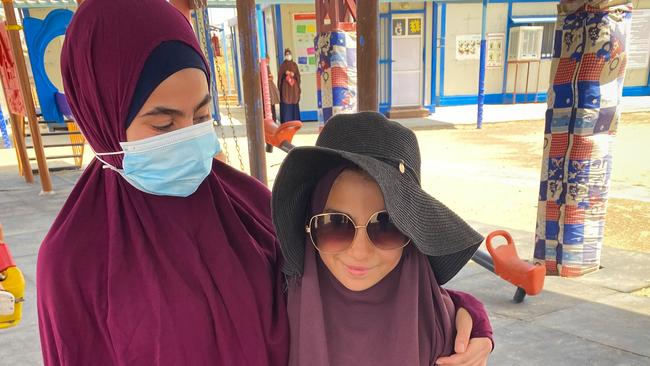
A group of women and children in Syria are undergoing DNA testing and will be issued with emergency travel documents as Australia prepares to repatriate the families left behind by Islamic State members.
It’s believed a group of about 20 women and children were removed temporarily from al-Roj camp in recent days for DNA testing to confirm their identities before they are issued with emergency passports to allow their travel back to Australia.
Australian officials have been in the camp speaking to the group of 16 women and their 42 children about their planned repatriation.
The Albanese government is planning to bring the families back to Australia in about three groups, with the most vulnerable to be prioritised.
The activity in the camp in recent days does not mean the women are being returned immediately to Australia, but represents a significant milestone after the families have spent three years and seven months detained in the camps without charge.
The family groups deemed most vulnerable in the camps would likely include the Assaad family – matriarch Bessima Assaad, and her three daughters Shayma, 22, Assya, 15, and Maysa, 12. The girls were taken to Syria when they were aged 15, eight and five. Shayma was married off at 15 and has four children with her in the camp – three boys and a little girl named Mariam, who is 3.
Mariam is one of five children born in the camps who has never taken a step outside the wire. Her mother, like all the other women in the camps, has been held in al-Hol or al-Roj camp in northeastern Syria since the fall of Islamic State in March 2019.
Two women connected to the Islamic State recruiter Muhammad Zahab, his widow Mariam Raad and her four children, two boys and two girls aged from five to 11, and his sister-in-law Mariam Dabboussy and her three children, aged 4, 6 and 9, are also considered to be among the most vulnerable.
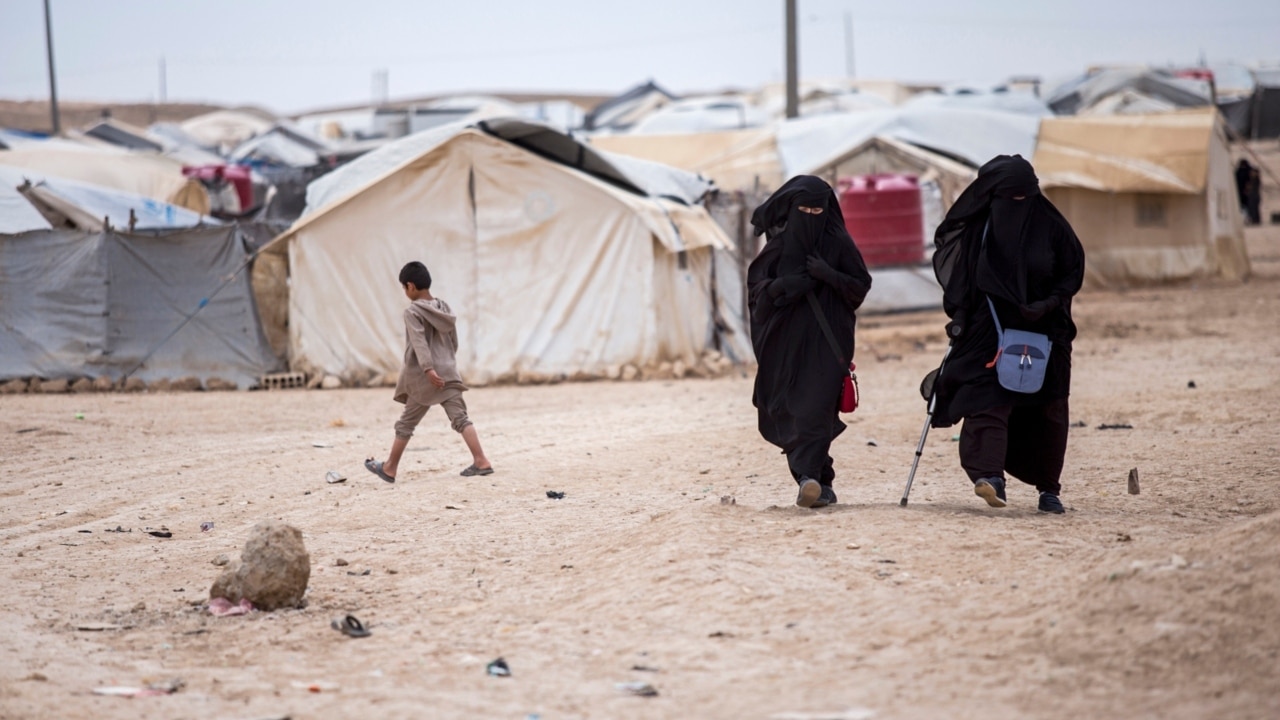
Home Affairs Minister Clare O’Neil declined to comment but her office referred to her previous statements, where she said the national interest and security would be the priority in any decision on repatriating the families.
“The Australian government’s overriding priority is the protection of Australians and Australia’s national interests, informed by national security advice,” the minister’s spokesman said.
Any repatriation from the al-Roj camp near the Iraqi border is fraught, as the area is highly unstable, with a residual risk from Islamic State, an ongoing war between Turkey and Kurdish separatists, and a highly visible US and Russian military presence in the region.
The Australian government is working with its security partners in the region, predominantly in the Kurdish-majority Syrian Democratic Forces and the Americans.
The Australian revealed earlier this month that ASIO officials had visited the camps in August, and provided a final security assessment to the government, which was discussed at several meetings of cabinet’s national security committee.
It’s believed the Australian Federal Police and ASIO have given the government a briefing on how the potential risk posed by the return of some of the families can be mitigated once they’re on Australian soil.
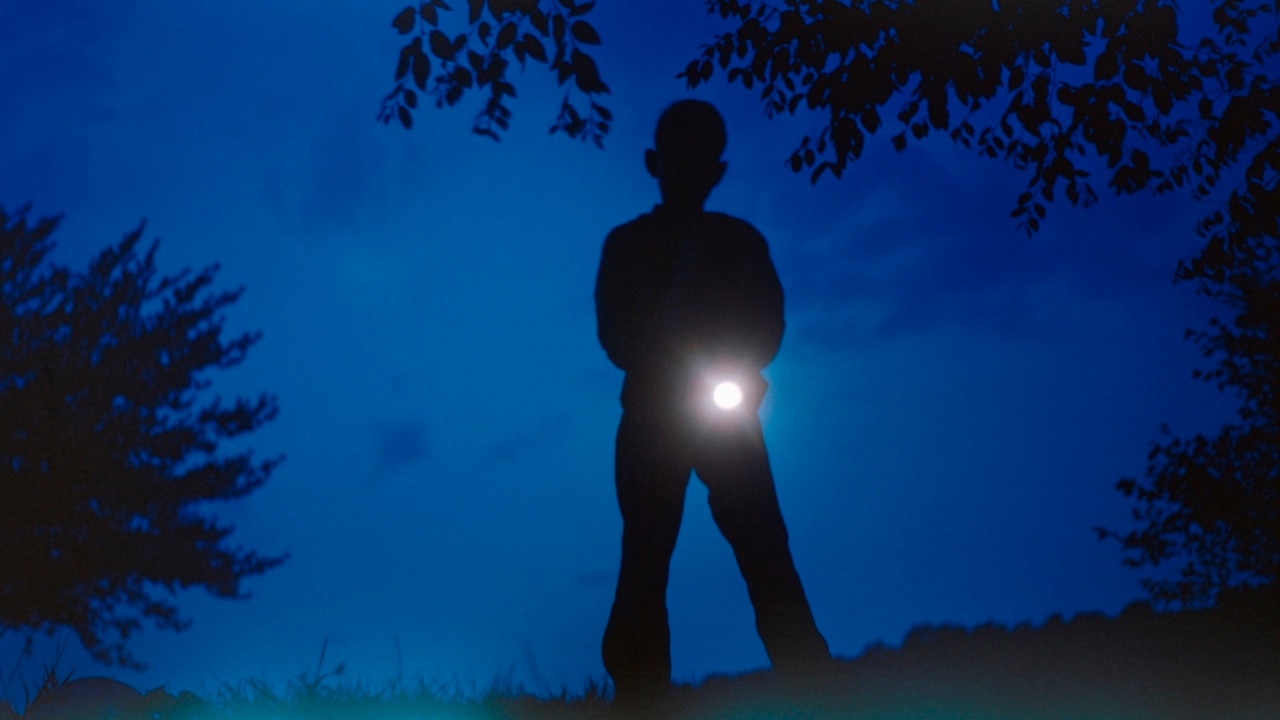
Authorities expect to charge about half of the woman who are currently in al-Roj but it’s not known how many, if any, of the first group would expect to be charged once they arrived into Australia. They are likely to be held in secure locations for a short period upon arrival, for medical and security assessment.
They have all agreed to voluntarily submit to terrorism control orders, but these need to reach a judicial threshold and are issued by the state Supreme Courts.
Potential charges that could be laid include entering a proscribed area, namely the Islamic State stronghold of Raqqa.
Australia, the UK and Canada are among the last of the countries to begin repatriating their citizens from the detention camps and prisons in Syria.
The UK repatriated their first adult, a woman, and her child from the camps late last week. Previously, it had only accepted orphans. By comparison, the other two Five-Eyes intelligence-sharing alliance members, the US and New Zealand, have taken a different approach, with the US repatriating 28 citizens and charging 10 adults.
New Zealand accepted Suhayra Aden, an Australian-New Zealand citizen who travelled to Syria and had three children with a Swedish Islamic State fighter.
The previous Coalition government refused to return the families, and Peter Dutton, a former home affairs minister, has set up a political fight with the Albanese government, saying the families should not be brought back due to the risk they posed.





